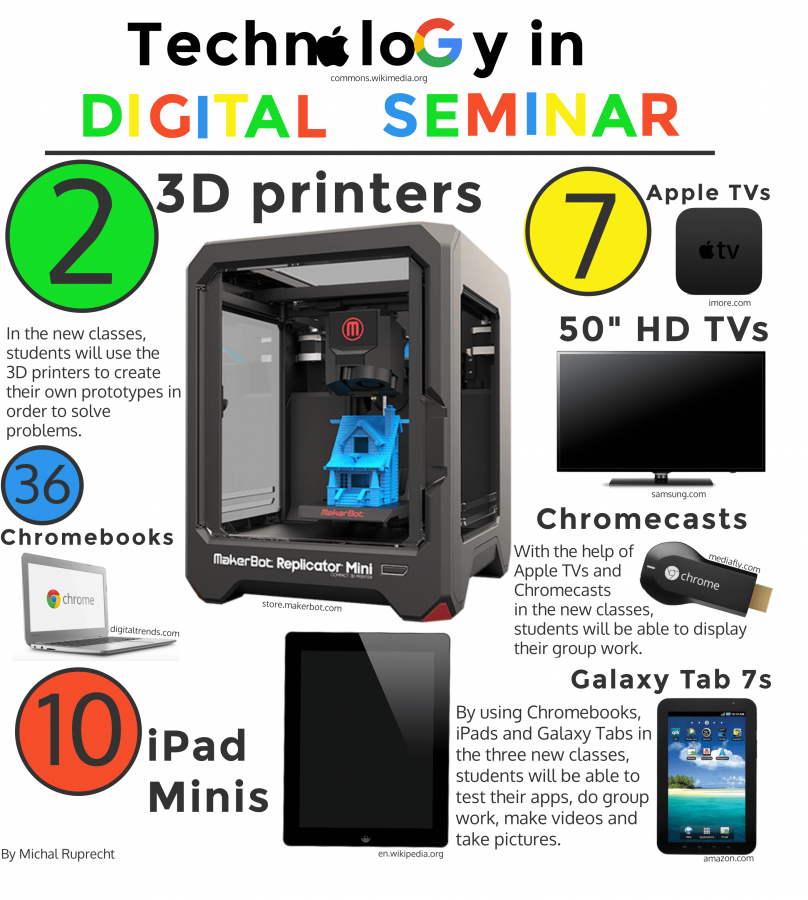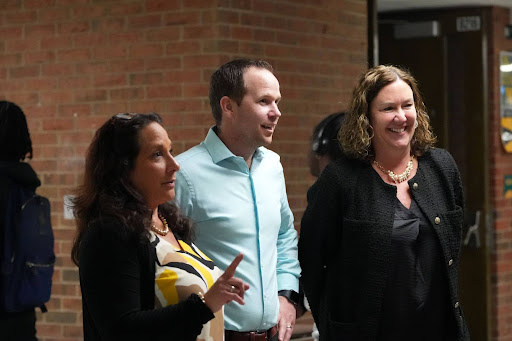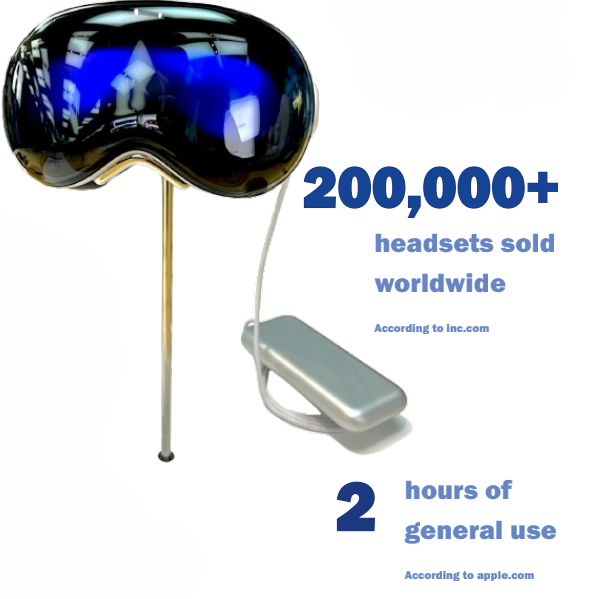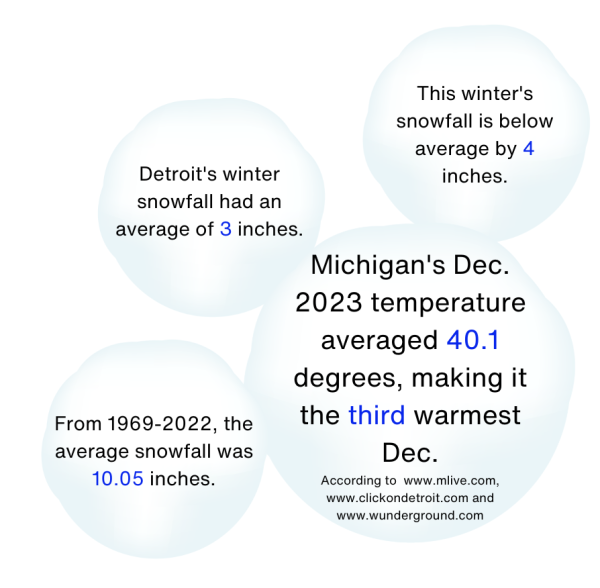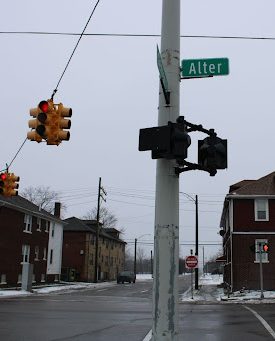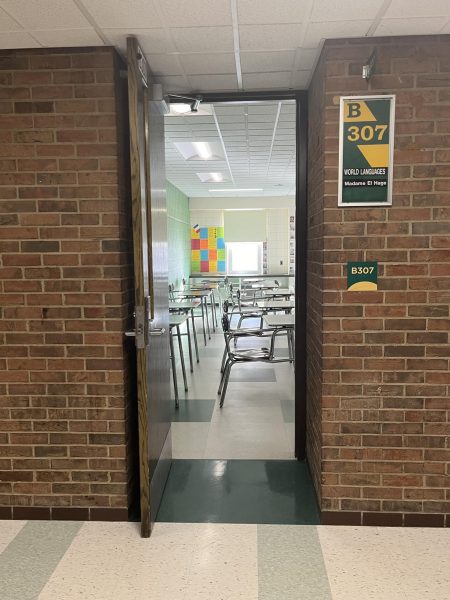Digital Seminar to expand to full-year course
A shimmering sound from the 3D printer rings through Science 304. Social studies and technology teacher Sean McCarroll transformed the old science room two years ago into a colorful technology hub filled with the latest gadgets for aspiring students.
Because of its popularity, Digital Seminar will be expanded from one semester to two.
Senior Erin Armbruster is currently taking the course and believes the curriculum expansion will show others how diverse North is.
“I think it will make (Digital Seminar) more popular and get it more recognition throughout the city,” Armbruster said. “People will hear about it and see all the cool stuff that North is doing.”
Assistant principal Tom Beach has noticed a greater demand for the technology class and hopes this gives everyone a chance to enroll.
“Class offerings are based on choices for students,” Beach said. “If you want to take a class, we try to make it available for you. The reason this class is being expanded is that people are very interested in it. People are talking about it. They’re excited about it, and they do a lot of creative things in there.”
The room houses many new devices, ranging from the district’s first 3D printer to HD TVs, which serve as the class’s prime attractors. As technology advances, McCarroll hopes to add to the collection, keeping in mind the curriculum must change symbiotically with modern electronics.
McCarroll found that adding new courses to his class helps students understand the complicated and developing world of technology. The new courses will be called iTech, iDesign and iCreate.
“(They) all build off of each other to teach students how to innovate in a world of constantly changing technology and resources,” McCarroll said via email. “It’s a good opportunity for students to do more hands-on work that is relevant to them. It’s a great way to take what they’ve learned in their other classes and have an outlet where they can use that knowledge to solve real-world problems.”
Through the class, students gain the opportunity to prepare themselves for the world of the future. Senior Luke Drieborg, who is currently taking the class for one semester, believes the class proposes something new and exciting.
“I think what really grabs a lot of kids’ attention is the 3D printing,” Drieborg said. “Then it’s really hands on. You’re able to use a lot of technology throughout the class. It’s basically … our world today. That’s why kids like it.”
After taking the class to fulfill her computer credit, sophomore Carly Lemanski says the class presents students with rare experiences.
“I never thought that I would be able to use a 3D printer, so that was interesting to do, and the coding stuff because you wouldn’t think you could do that,” Lemanski said. “We’re obviously advancing our technology, so it gives you more experience with it. You’re able to figure things out. I think I will be able to figure things out better. Other people might be more confused about it, and I could help other people.”
Many colleges and employers are moving to environments similar to Digital Seminar. McCarroll has observed the diverging ideals and believes the class foreshadows what is to come for students.
“Just getting more exposure to the 21st century skills is hugely important for everyone’s future, especially since employers look for adaptability to new situations more than root content knowledge,” he said. “Employers are more interested in hiring people that can work well with others, think on their own and apply their knowledge to new situations rather than being fountains of memorization. Having an opportunity to practice and have these skills will be helpful for both college and the workforce.”
As the technology has progressed, Digital Seminar projects have changed from being independent-based to more group-based.
Beach believes the class goes hand in hand with daily lifestyles because of the rapid technological innovations.
“Students nowadays are completely engaged in their digital lives. They’re digital natives. I think that class and what they’re teaching is very relevant for students today, and it’s not only something that they’re interested in, but they recognize they’ll be able to apply it. Life isn’t about living in cubicles anymore. It’s about working with others,” he said. “This class models everything that will go on in college and in their jobs.”


